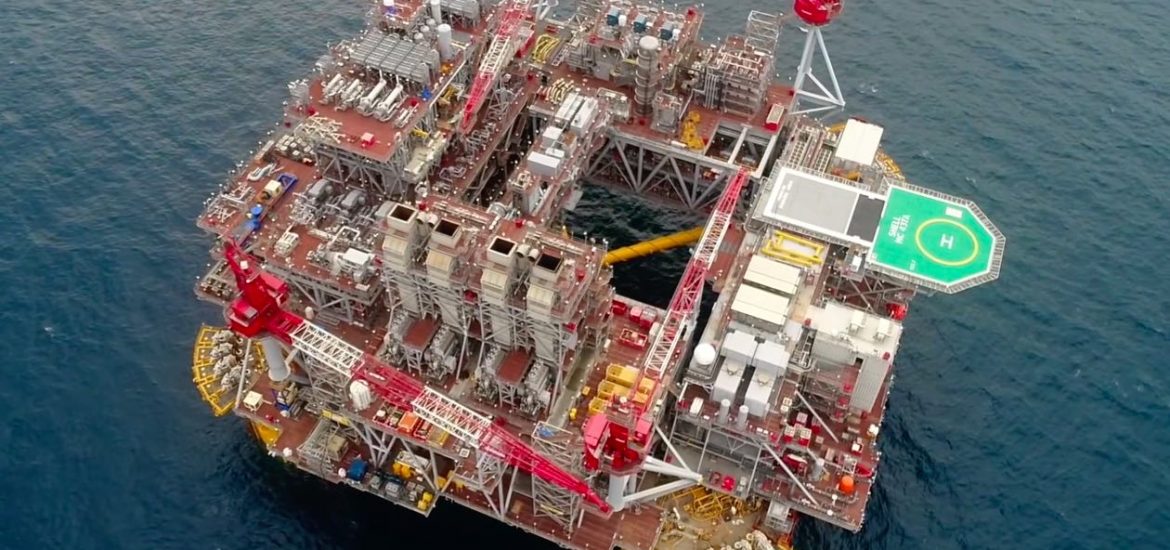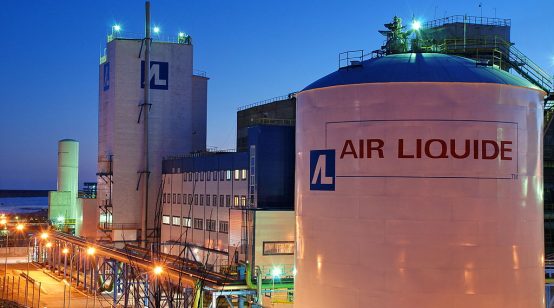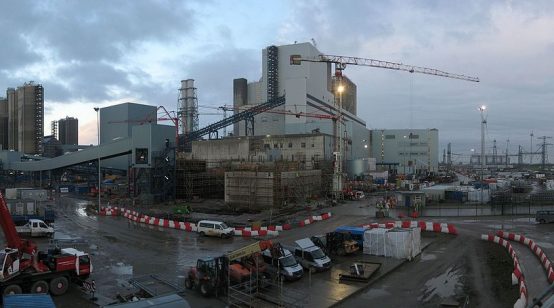
North Sea oil and gas platforms could be used to pioneer a global climate revolution with clean-energy breakthroughs, a study has argued.
The North Sea could become a centre for climate research through an energy transition away from its status as a hub for fossil fuels, according to an industry report called “Turning The Tide”.
The North Sea has produced nearly 40 billion barrels of oil over four decades, leaving empty caverns that could be used to store carbon emissions, according to PriceWaterhouseCoopers.
North Sea gas producers may be able to generate zero-carbon hydrogen by using electricity from offshore wind farms to split the carbon molecules into natural gas.
The basin already has major offshore infrastructure, such as pipelines and oil rigs, which could be used to help transport and store the carbon waste from UK factories and hydrogen producers, the study argued.
The PWC report said wind turbines and other renewable sources could replace gas turbines on offshore rigs. It highlights the potential for offshore wind turbines in the North Sea to use carbon capture technology to seize carbon dioxide released from industrial sources, such as power stations, and bury it deep underground. Pipelines and rigs across the North Sea may offer advantages in storing carbon dioxide in spent oil and gas fields.
The existing infrastructure could also produce hydrogen as a low-carbon energy source to replace natural gas. PWC said North Sea infrastructure could help to provide the transport and storage to convert gas into hydrogen. Wind turbines could power electrolysis, to split water into hydrogen and oxygen.
Drew Stevenson, an energy specialist at PWC UK, said: “There is a necessary urgency to move to a low-carbon world … There is huge potential for the North Sea to play a significant role in the energy transition, setting a precedent for facilitating the move to a clean energy future.
“The digitalisation of the North Sea industry will naturally lead to further innovation, though this may require the input of third parties to fully optimise the benefits of everything from wearable tech to data analytics and artificial intelligence.”
Mike Tholen, the policy boss at Oil and Gas UK, said: “The transition to a lower-carbon, diverse energy mix is an exciting opportunity for our transforming industry. With extensive skills, capabilities and infrastructure, we are well placed to support the development of low-carbon technologies . . . while reducing emissions from production operations.”
Picture credit: YouTube





